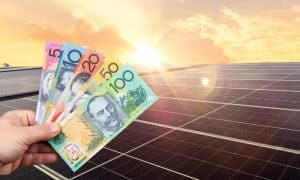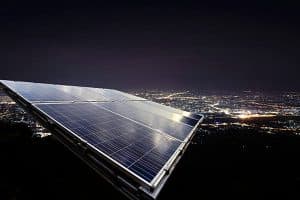New South Wales’ approach of not regulating minimum feed in tariffs payments to customers has failed says the Clean Energy Council.
In a submission to the Independent Pricing and Regulatory Tribunal’s (IPART’s) review of feed-in tariffs, the Clean Energy Council points out eight of fourteen retailers examined provide no payment whatsoever.
Five retailers offer a feed-in tariff at or below the lower bound of the IPART benchmark rate of 7.7 – 12.9 cents per kWh.
Only one retailer offers a feed-in tariff that is above the lower end of IPART’s benchmark range.
“New South Wales consumers have fared poorly from the New South Wales experiment,” says the CEC.
“CEC calls on the NSW Government to offer the same level of consumer protection for solar customers that is available in other states – by mandating a minimum legal feed in tariff payment.”
Between June 2007 and June 2012, electricity prices in Sydney jumped by 79% and the rest of the state also suffered. Since June 2012, New South Wales households have been slugged a further 11.8% to 20.6% increase in electricity bills across different electricity supply regions.
The comparatively low feed-in tariff currently available in New South Wales is hobbling some who are attempting to rein in their power bills by installing solar power systems – and who are also making a very valuable contribution to the mains grid and reducing the carbon footprint of their power consumption. Even at 12.9c, some would argue that is well below a “fair value” rate.
However, even in the somewhat hostile environment of New South Wales, installing a 4kW solar panel system in Sydney can produce a financial benefit of $1,055 – $1,619 annually according to national solar provider Energy Matters. The savings figure is based on a 38c per kilowatt hour electricity price and an 8c feed in tariff; with 50% of generation fed back to the grid at the lower end of the estimate and 100% consumption of produced electricity at the higher end.









































